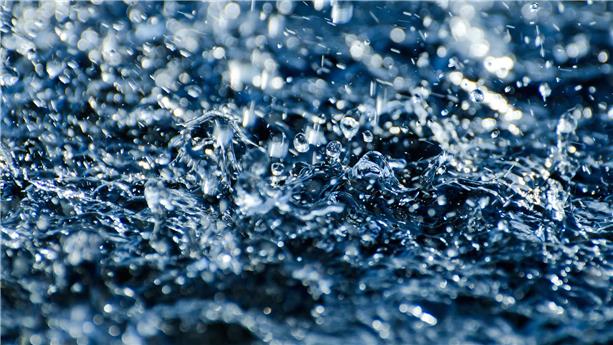Our role had three elements:
- Provide preventive maintenance by constant servicing of the network.
- Modernise the infrastructures and procedures to constantly optimise their operation.
- Dynamically manage stormwater to limit overspill of wastewater into the natural environment.
Prevent pollution
In Marseille, the 1,950 km of wastewater and stormwater network are subject to attack on various fronts linked to the materials conveyed in the pipes, the waste flowing through them and sometimes blocking them, and the levels of flow which vary according to the weather. Our teams guarantee the proper functioning of the sewerage system:
- network, inlet and grid cleaning operations,
- video inspections,
- leak tests,
- flow or dredging inspections
- preventive high water-pressure cleaning
- wastewater treatment.
Protect the host environments
When violent storms hit Marseille, the stormwater runs over the ground and becomes loaded with effluent. To reduce the flow of this water in the natural environment, SUEZ built a large 50,000 m3 stormwater retention basin. The water collected is then sent to the Geolide wastewater plant (up to 2mm/hour), to be treated, thus avoiding any pollution of the bathing water.
Using digital technology to the benefit of quality of life
SUEZ has set up the first French wastewater service to simultaneously manage terrestrial infrastructures and their impact on the host marine environment. The collection of wastewater and rainwater is optimised thanks to a network control centre, Le PH@RE. It integrates remote surveillance stations and water level sensors to offer a global vision of urban streams, stormwater basins and the coast.
This ultramodern supervisor distributes the hydraulic load over the catchment area, using innovative interconnected technologies, and allow increasingly predictive management of treatment of the community’s water.

